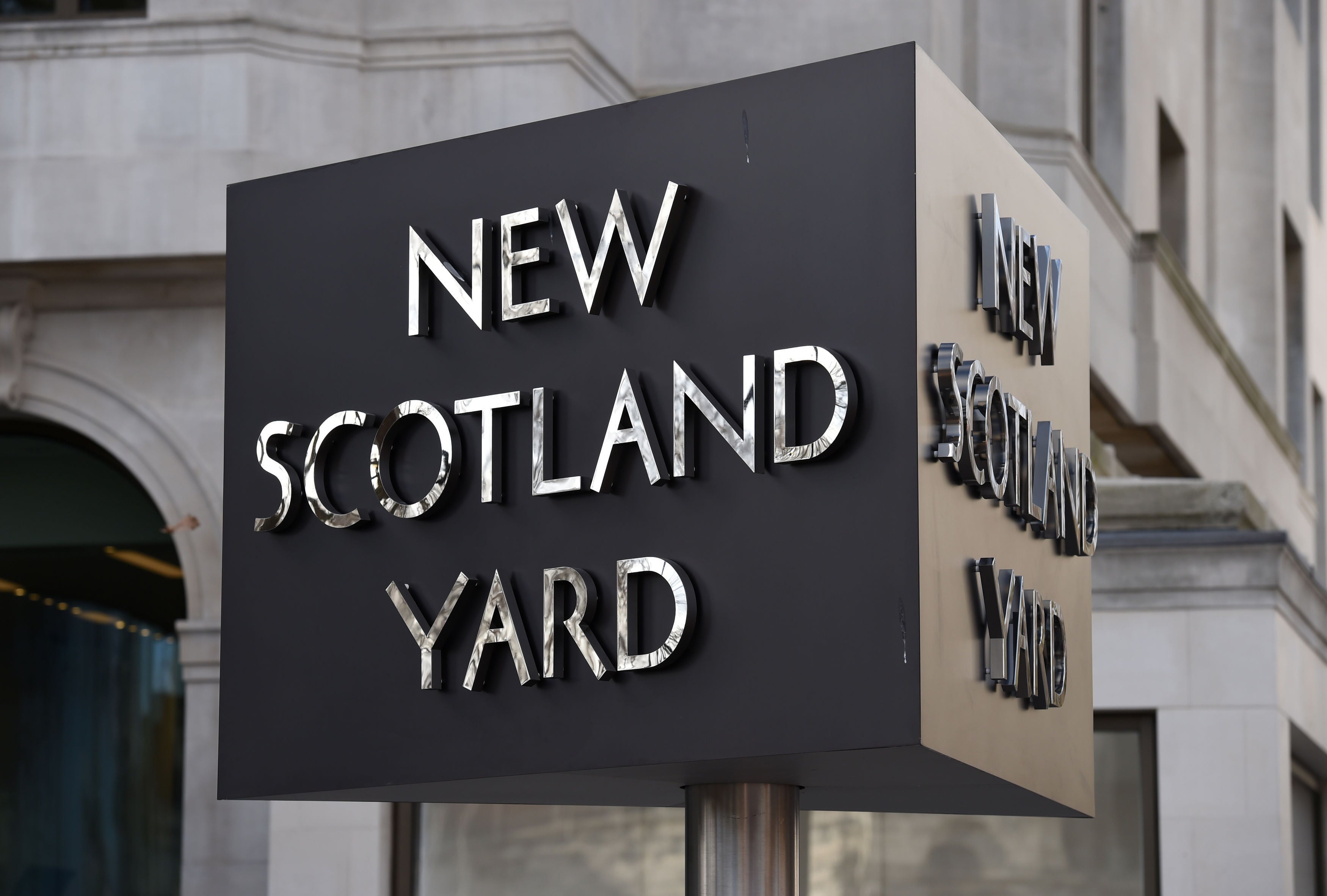Families ‘waiting in limbo’ to find out if their dead children’s identities used by police, inquiry told
Undercover Policing Inquiry hears officers would memorise names, jobs and addresses of deceased’s family members to build convincing cover stories

Your support helps us to tell the story
From reproductive rights to climate change to Big Tech, The Independent is on the ground when the story is developing. Whether it's investigating the financials of Elon Musk's pro-Trump PAC or producing our latest documentary, 'The A Word', which shines a light on the American women fighting for reproductive rights, we know how important it is to parse out the facts from the messaging.
At such a critical moment in US history, we need reporters on the ground. Your donation allows us to keep sending journalists to speak to both sides of the story.
The Independent is trusted by Americans across the entire political spectrum. And unlike many other quality news outlets, we choose not to lock Americans out of our reporting and analysis with paywalls. We believe quality journalism should be available to everyone, paid for by those who can afford it.
Your support makes all the difference.Families have been left waiting “in limbo” to hear whether the identities of their dead children were assumed by undercover police officers, an inquiry has heard.
While some families know for certain that their loved ones’ identities were used, some fear they may not live long enough to discover the truth, the Undercover Policing Inquiry was told on Monday.
The practice of using the names of dead children, and details of their lives, began in about 1973, and started to be phased out in 1994, although there were two cases of officers – HN16 and EN32 – who did so in 1997 and 2002 respectively.
In a bid to build up a convincing cover story, officers memorised the child's date and place of birth, and the names, jobs and addresses of parents and family members.
They would even visit the child's family home in order to familiarise themselves with the area, the inquiry heard.
The tactic was “considered necessary at the time”, Peter Skelton QC told the inquiry last week while representing Scotland Yard. It has been suggested that police got the idea from works of fiction such as spy thriller,The Day Of The Jackal, and Ewen Montagu’s wartime account, The Man Who Never Was.
But Heather Williams QC, who is representing the families affected, said the police had shown a “callous disregard” for the families' devastating bereavements, arguing that the practice was unlawful and breached the families’ rights to privacy and family life.
Ms Williams represents Gordon Peters, the father of Benjamin De Witt, who died in 1979 when he was one week old, and a woman known as “RDCA” who is the mother of Jed Lacey Morris, who died in 1971 when he was one year old. Both do not know if their children’s names were used.
“Their situation shows that the practice of the police relying on the identities of dead children has impacted not only on those who know that their children's identities were used, but also on those who have suffered traumatic bereavements of a young family member, but who are now left in limbo wondering whether or not their loved ones' identity was misused in this way,” Ms Williams said.
Ms Williams, who also represents five families who know that their loved ones' names were used, added: “Those of our clients who are elderly, and many fall in that category, are concerned that they may not live long enough to receive answers.”
The inquiry is investigating the tactics used by the Special Demonstration Squad (SDS) and the undercover section of the National Public Order Intelligence Unit, dating back to the late 1960s.
Officers of the SDS, which existed between 1968 and 2008, used the identities of 19 children who had die and one who was still living without their knowledge, the inquiry heard last week.
Some undercover officers committed crimes or were arrested under their assumed names, investigators were told.
The inquiry, expected to continue for at least three years, was ordered by Theresa May in 2015, after a report found that the parents of murdered teenager Stephen Lawrence were spied on while campaigning for justice.
Lawyers working for the Met denied that either the Lawrence family, trade unions or MPs were directly targeted, as has been alleged, but said they may have been affected by the “collateral collection of other intelligence”.
The inquiry has also heard that officers conducted sexual relationships with women who were not aware they were police spies, while spying on family justice campaigns, and political and social groups.
Mr Skelton admitted these relationships “caused and continue to cause immense hurt”.
He said police were “acutely aware of the continuing anger and distress” of affected people, and that several women who were tricked into relationships have already received compensation.
Campaigners and those who were spied on are also seeking information on whether senior politicians had approved operations and how involved the security services became.
Additional reporting by PA




Join our commenting forum
Join thought-provoking conversations, follow other Independent readers and see their replies
Comments